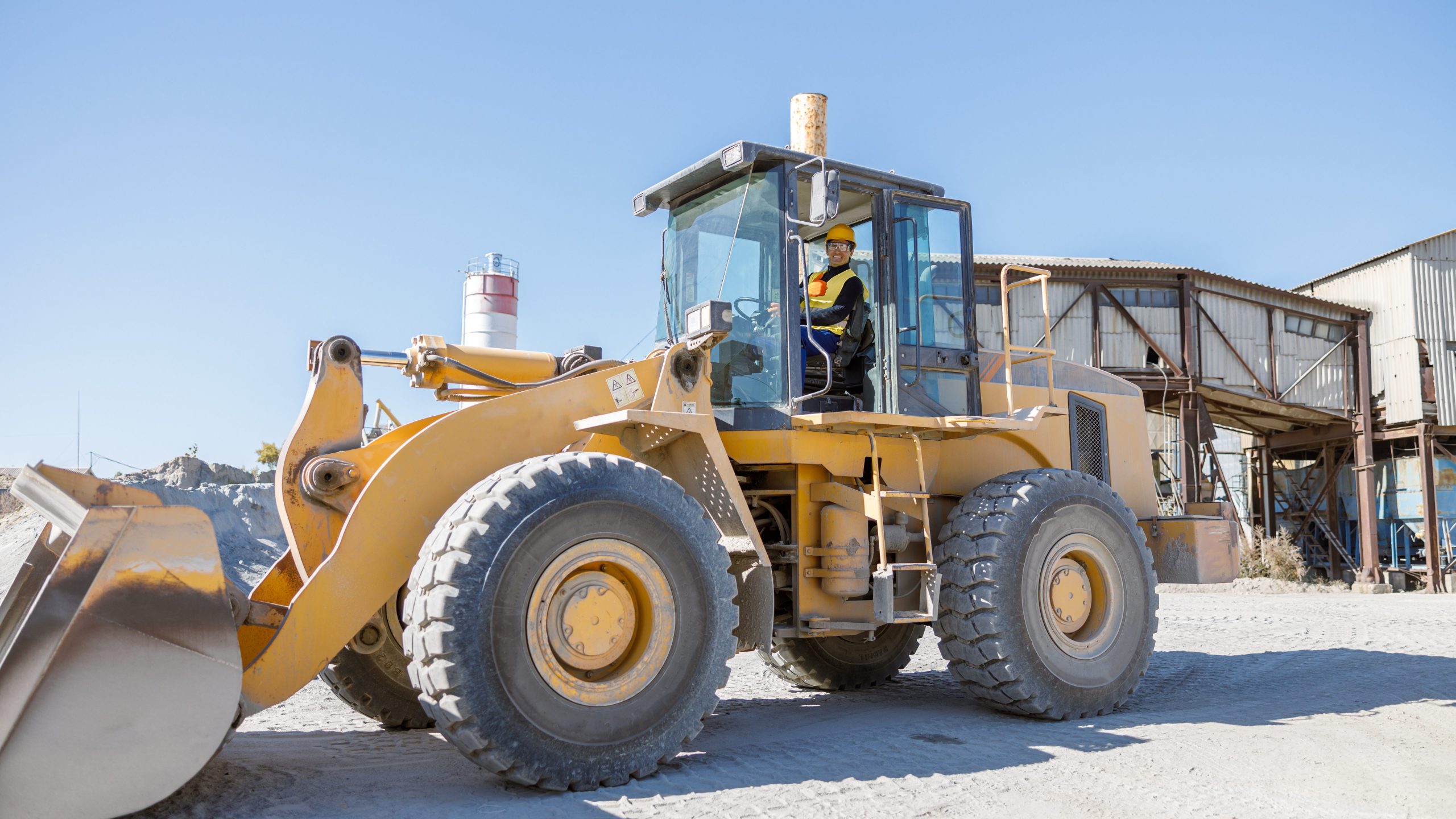
As the weather heats up as we head into summer, making sure we’re looking after our wellbeing at work is of vital importance. You can lose up to one litre of body fluid every hour in hot conditions. Dehydration can also occur when your body doesn’t have the required amount of water and fluids that it needs to operate properly. As the body loses water and fluid, it also loses salt, and this combination of dehydration and salt loss can result in various heat-related illnesses.
The negative consequences of heat-related illnesses fall into two categories: heat stress and heatstroke. Below are some of the symptoms and ways to treat both conditions.
Heat stress
Heat stress occurs when the body cannot cool itself enough to maintain a healthy operating temperature of 37 degrees Celsius.
Symptoms:
- Tiredness and lethargy
- Headache
- Dizziness
- Feeling faint
- Muscle cramps
- Feeling thirsty
- Urinating less often
- Pale skin
- Excess sweating or no sweating
- Dark urine
Treatments:
- Rest in a cool, well ventilated area
- Remove excess clothing
- Drink plenty of water and fluids
- Apply a wet cloth, cold water or ice packs to the skin (armpits and groin)
- Use a fan to increase air movement
Heatstroke
Heatstroke is an uncommon but life-threatening complication of grossly elevated body temperature with exercise in heat-stressed settings. It is important to remember that early recognition of heatstroke and the appropriate first aid can be critical when saving a life.
Signs to look for
The first signs of heatstroke show in the function of the brain and the nervous system. Look for any signs of:
- Confusion/dizziness
- Blurred vision
- Vomiting
- Incoherent speech
- Rapid heart rate
- Lack of sweat – hot flushed dry skin
- Abnormal or affected walking
- Coma or seizures
Treatment
Seek immediate medical assistance. While waiting for the ambulance to arrive, strip the affected person of as much clothing as possible to help lower their temperature.



